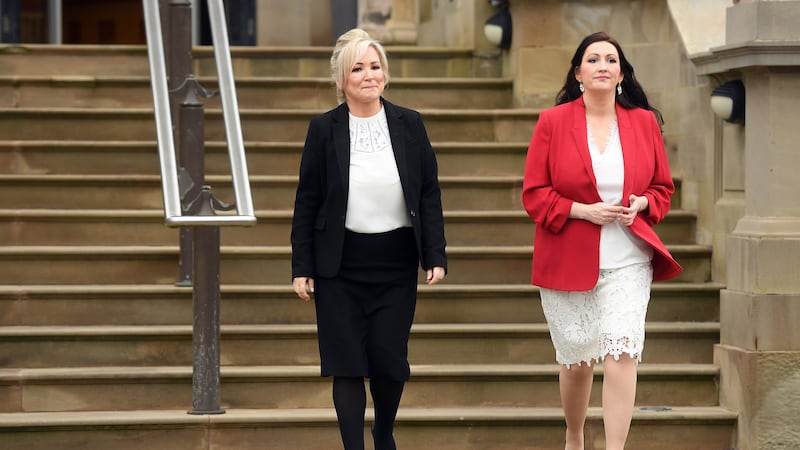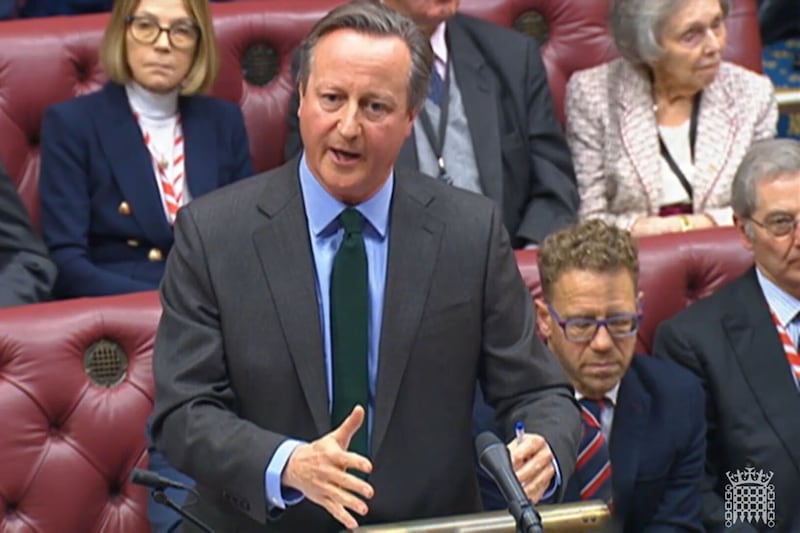THE so-called Stormont Brake is an element of the Windsor Framework designed to address the 'democratic deficit' that comes with the operation of the protocol.
While the assembly will vote next year on whether or not to retain the post-Brexit trade arrangements, unionists were concerned that politicians in the north had no input into the regulations by which businesses must abide in the EU Single Market.
The DUP complained that the protocol in its original form contained no consent mechanism for altering Northern Ireland's constitutional status, as set put in the Good Friday Agreement. The brake is triggered in the assembly in a manner similar to the petition of concern, the veto originally designed to protect minority rights that was reformed as part of New Decade New Approach after what was regarded as widespread abuse in its deployment.
According to the British government, the brake provides a "firm guarantee of democratic oversight, and a sovereign veto for the United Kingdom on damaging new goods rules". Pulling the brake requires the signatures of 30 MLAs from at least two different parties in a restored assembly. It will be only deployed as the last mechanism available to deal with the concerns, the British government says, and will not be available for "trivial reasons".
Once the UK notifies the EU that the brake has been applied, the rule in question is suspended automatically from coming into effect. It can only come into force if the UK and EU both agree to that jointly in the Joint Committee. The safeguard is not subject to European Court of Justice oversight, and any dispute on this issue would be resolved through subsequent independent arbitration according to international, not EU, law.
Secretary of State Chris Heaton-Harris insists the brake is a veto, rather than just a delaying mechanism.
"It's a veto," he told Sky News at the weekend.
"When the concern is raised, that is when the delay kicks in and when it goes through the complete process, that is when the UK government can veto."
Mr Heaton-Harris said that if a new regulation was "going to affect Northern Ireland in a significant way" then the British government would veto EU law.
"You can't be using a veto trivially but I don't think actually the Northern Ireland Assembly would be using that trivially," he said.







